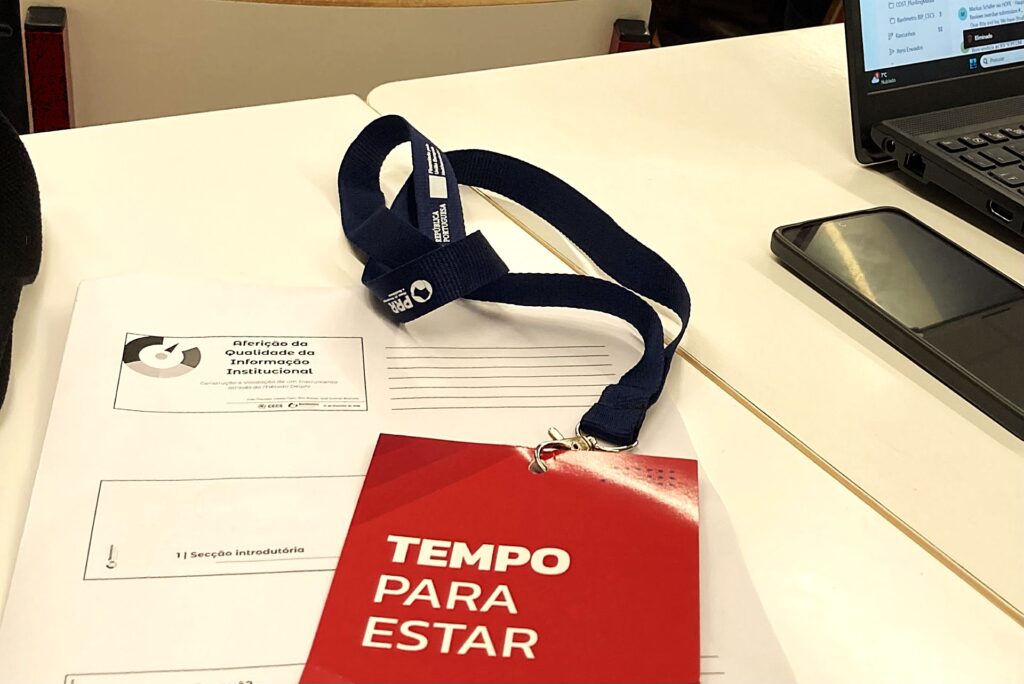The Relevance of Research on Information Quality
Research in the literature reveals that concerns about information quality have persisted across various epochs of human history.

While terminology may vary, investigations into verbal and written communication have consistently aimed to ensure the accuracy and reliability of transmitted information. This challenge has intensified in today’s digital age, rendering the issue of information quality even more pertinent and, perhaps, more complex. The proliferation of the internet has made the dissemination of information instantaneous and global, but it has also introduced challenges in terms of quality. The spread of fake news and the manipulation of information have become real problems that have required rigorous investigations into information quality.
With this in mind, the BIP – Barometer for Information Quality in Portugal – has emerged as an innovative approach to assess information quality within the Portuguese context. This research tool aims to analyse and monitor the quality of information across various media outlets. By convening a group of academics and researchers specialising in diverse fields of knowledge, the BIP aims to establish objective criteria and indicators for evaluating information quality, employing a rigorous and transparent methodology.
The BIP aims to be an essential instrument for understanding and improving the quality of available information, thereby contributing to a more informed and critically aware society. Furthermore, assessing information quality through the BIP also promotes transparency and accountability across all spheres of society. By establishing clear and objective criteria for evaluation, it helps foster a culture of responsibility and strengthen trust in the information provided.



